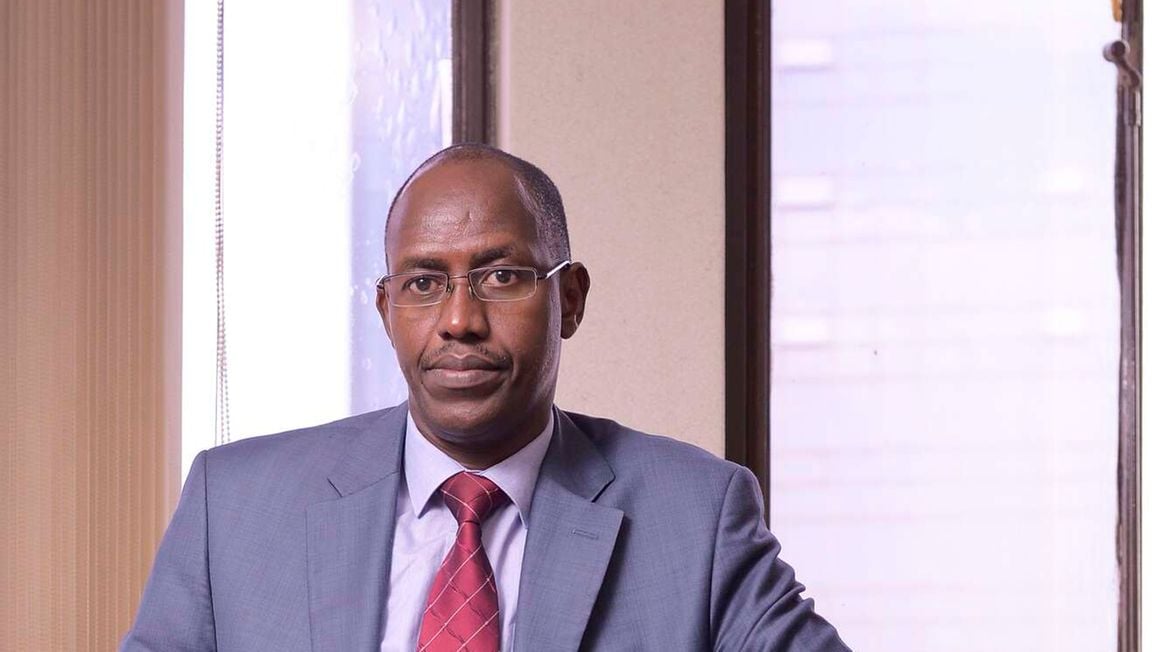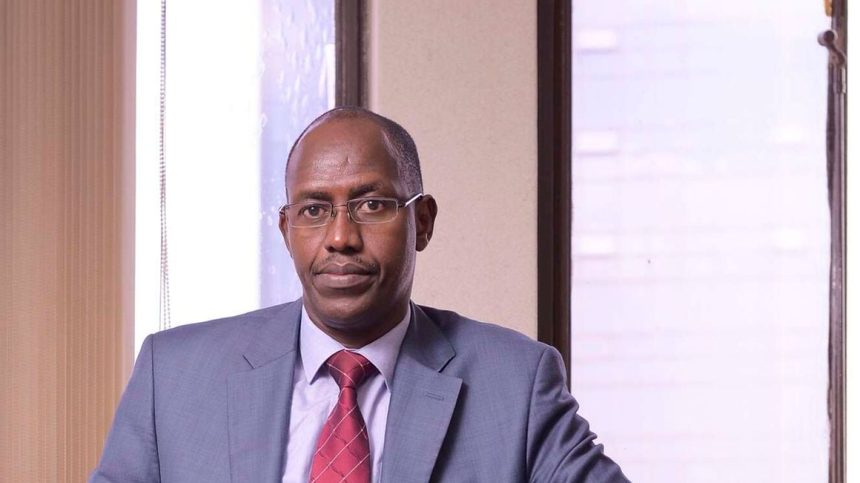President William Ruto’s plan to sell non-performing parastatals has met a financial setback after the Treasury failed to allocate the Sh1.7 billion needed to facilitate the floating of three initial public offerings (IPOs) in the financial year starting July 1.
The Privatisation Commission told Parliament that it would not be able to implement the President’s commitment to sell up to 10 public companies in the next 12 months, in the absence of budgetary support.
Dr Ruto last September announced the privatisation of at least 10 state corporations and is banking on the approval of the Privatisation Bill 2023 by Parliament to roll out his plans.
The Cabinet in March approved the Bill that allows the Treasury unchecked powers to sell parastatals without the approval of Parliament.
According to the Cabinet, the sale of non-strategic, non-performing public entities will help improve the upgrade of infrastructure and the delivery of services to Kenyans.
Joseph Koskey, Privatisation Commission CEO, told MPs that the commission’s budgetary requirement is Sh1.793 billion but the Treasury has allocated a paltry Sh175 million for the financial year 2023/24.
“The commission will not only be unable to fully cater for personal emoluments for staff but…foremost, being the implementer of the government’s pronouncement to undertake up to 10 public listings in the next 12 months,” he said.

“We, therefore, made an appeal to the Treasury on January 17, 2023, requesting for an additional budget of Sh1.661 billion to cater for the commission’s critical budget requirements, including floating three IPOs at an estimated cost of Sh1.39 billion.”
Mr Koskey appeared before the Finance and National Planning Committee to present the commission’s budgetary requirements for the financial year 2023/24.
Mr Koskey did not reveal the three IPOs the commission is seeking to float at an estimated Sh1,399,450,000.
He said the proposed budget would cater to costs related to transaction advisory services, including the IPOs, awareness and publicity, campaigns, branding and advertisement for the transaction services.
“The initial public offering and listing costs include but are not limited to payments to the lead transaction advisers, lead joint sponsoring broker, co-sponsoring broker, registrar services, receiving bank, legal advisers, reporting accountants, printing costs-information memorandum, advertising and public relations, lead and co-sponsoring fee, brokerage commission/placement fees/selling fees at the range of 1.5 percent, CMA fees, NSE fees, and CDCS fees,” said Mr Koskey.
He told the committee chaired by Molo MP Kimani Kuria that the Sh1.39 billion for the three IPOs is based on previous IPOs and rights issues offer expenses.
Mr Koskey cited the Sh50 billion Safaricom IPO that was issued in 2008 saying it cost a total of Sh1.09 billion to conclude.
In KenGen’s Sh8.6 billion Rights Issues Offer of June 2016, Mr Koskey said the total expenses amounted to Sh423.8 million.
“The proposed budget, therefore, is as tabulated below: Transaction Advisory Services (including IPO) Sh1.3 billion), stakeholder engagements (Sh29.8 million), legal expenses (sh10 million), general consultancy (Sh22.7 million) and PR consultancy, branding (Sh37 million),” said Mr Koskey.
Mr Kuria demanded to know the three IPOs that will be issued should a budget of Sh1.399 billion be availed in the financial year starting July 1.
“The Cabinet will soon decide and communicate which State parastatals will be the first to be privatised. We are at the tail end of the process and the three IPOs will be known once the Cabinet makes a decision,” said Mr Koskey.
President Ruto has promised to rejuvenate the Nairobi Securities Exchange (NSE) by bringing to the bourse through initial public offerings (IPOs) between six and 10 companies, a target that if met would see him surpass the record set by former President Mwai Kibaki’s administration.



